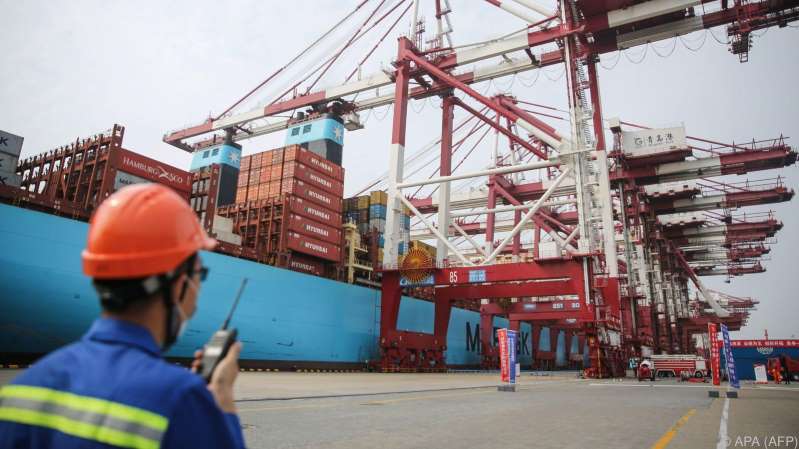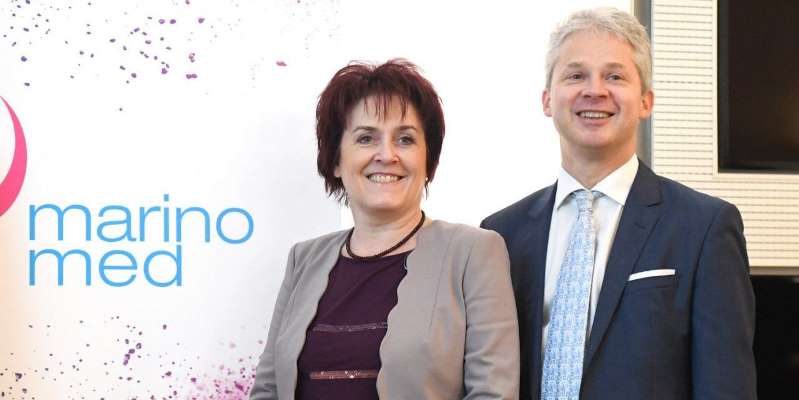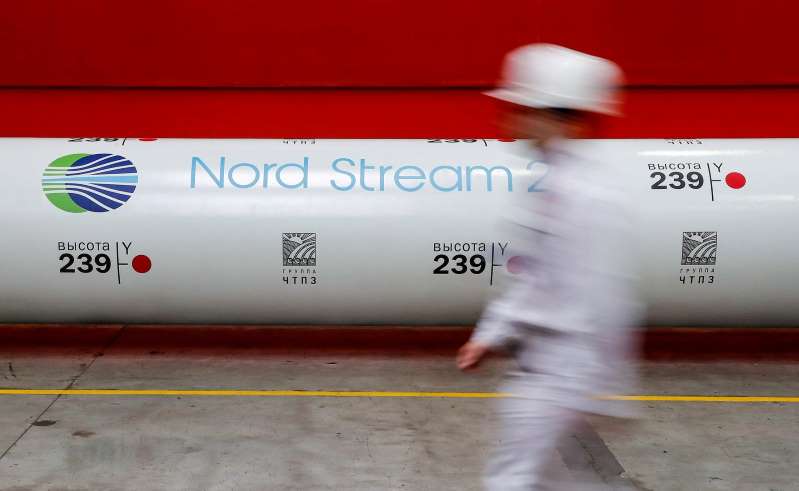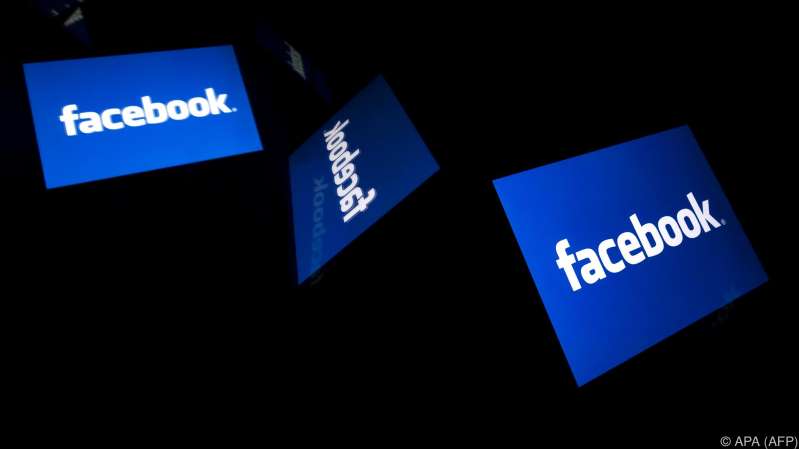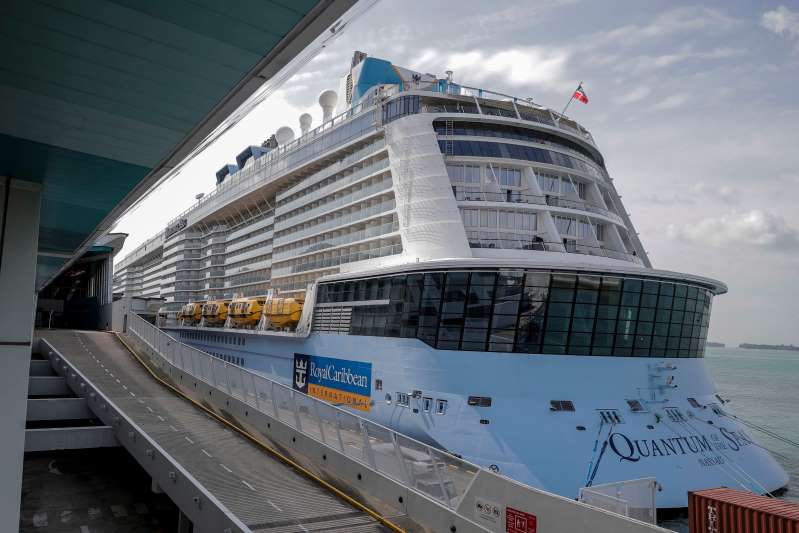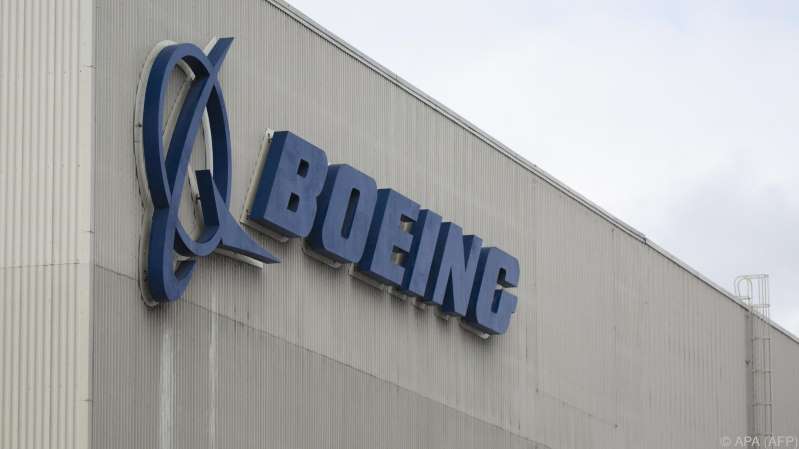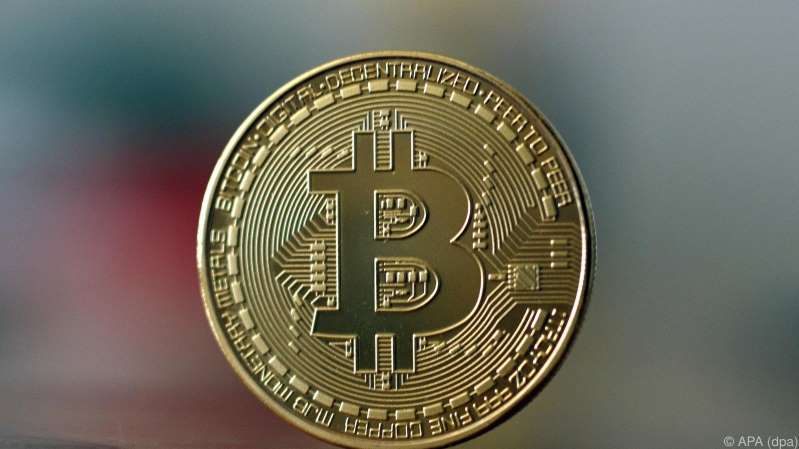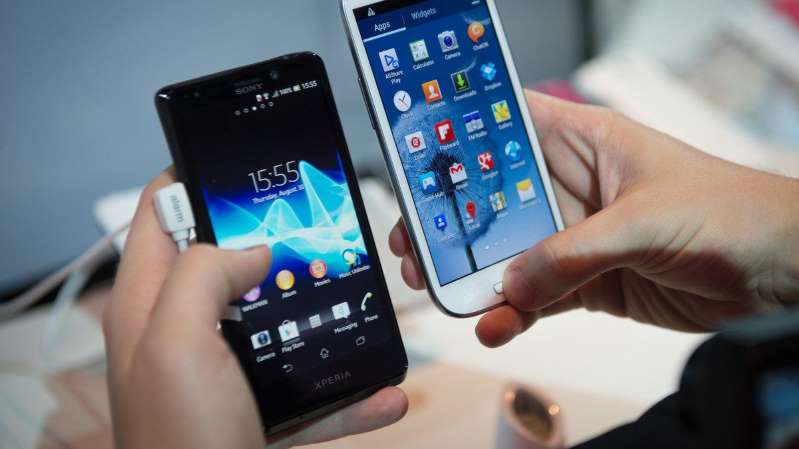
The cell phone and internet tariffs of the big ones – A1, Magenta and Drei – are up to 70 (!) Percent more expensive. That smells like price agreement for observers.
While the tariffs for Internet and mobile phones for A1, Magenta and Drei will be increased at the same time from March onwards, the price increases are also making waves among the small providers who have rented their networks. Experts do not rule out that the rise in prices for the big ones will force the little ones to catch up with the prices. At Bob (in the A1 network), for example, a new flat-rate service fee will be due as early as March.
There are two things that particularly annoy observers. On the one hand, the tariffs are being increased across the board by one to five euros, but in one case the price increase is even 70 percent. All providers justify the inflation with increasing network utilization, investments in network expansion and tariffs that no longer cover costs. On the other hand, all tariffs are increased at the same time, which leaves observers with the smell of unauthorized price agreements.
However, it is very difficult to prove such a thing, according to the Federal Competition Authority (BWB) and Telekom Regulator RTR. “From a visual point of view, that is certainly not ideal,” says Theodor Thanner, General Director of the Federal Competition Authority, opposite help.ORF.at. “A stupid coincidence” could also be the simultaneous price increase, says Klaus Steinmaurer, RTR managing director for telecommunications, to the “Wiener Zeitung”.
A piquant coincidence, because it is not the first time that mobile operators have increased their prices together and over time. But even if a price agreement should be behind the increases, one can only prove this with evidence – and this requires means such as house searches, for example. The competition authority now wants to examine further procedural steps. However, not a single person affected can avoid the price increase in March.


